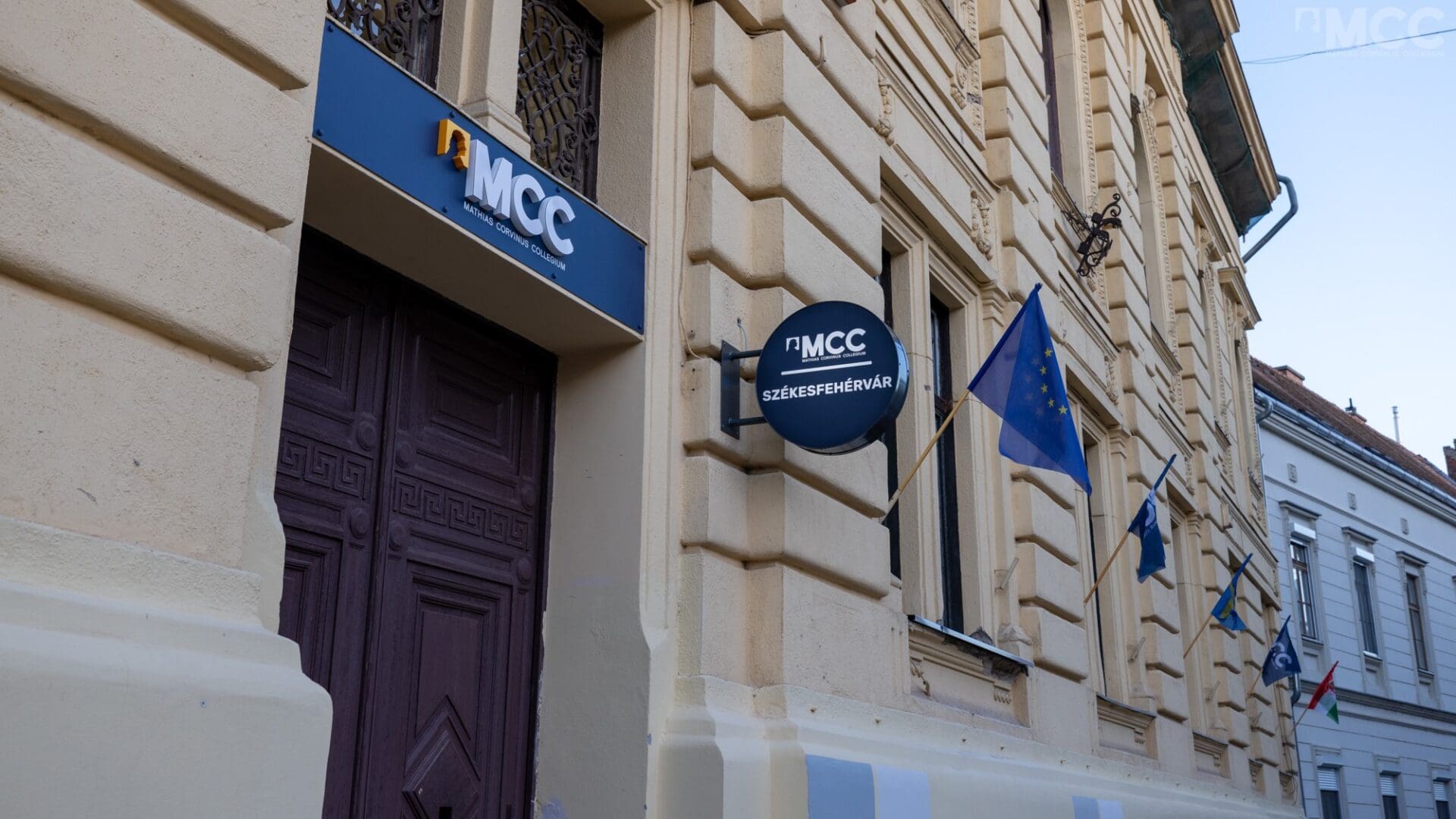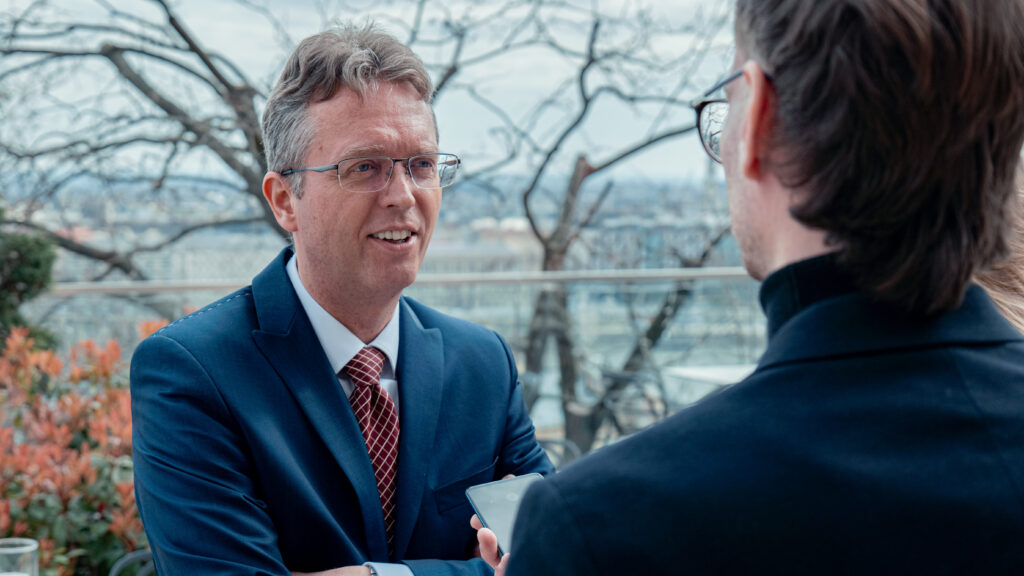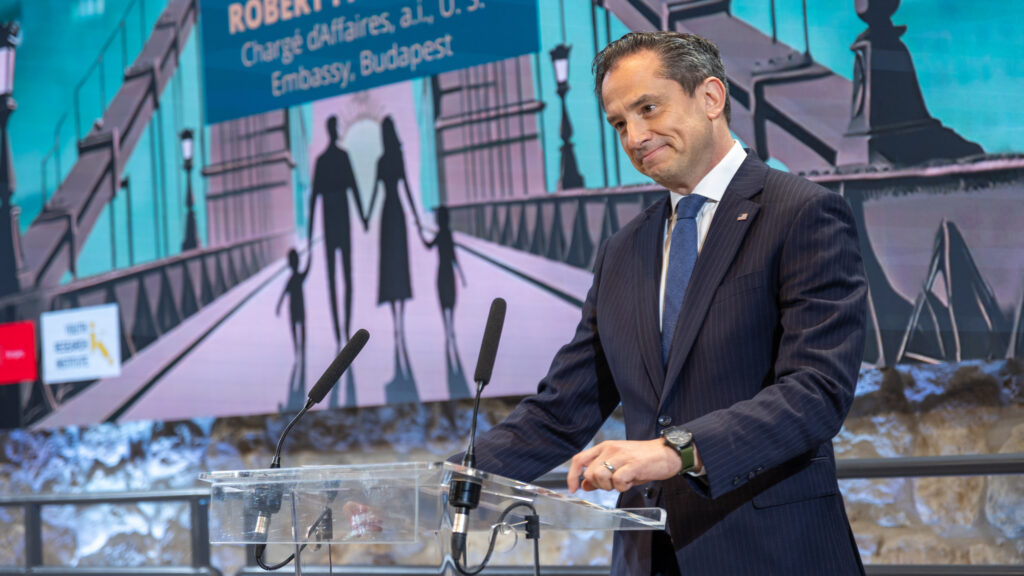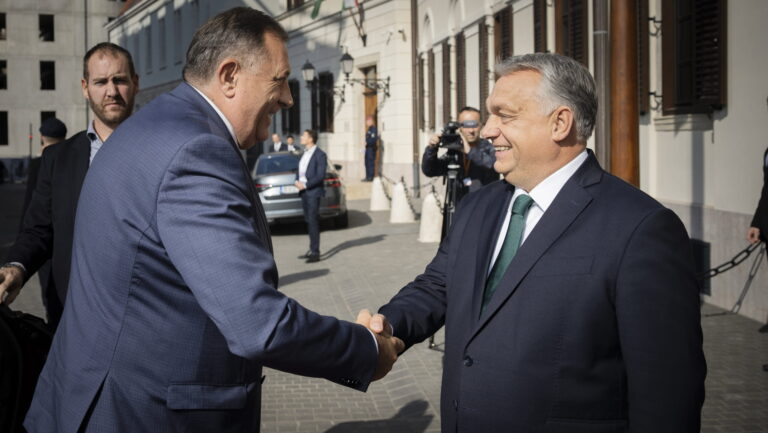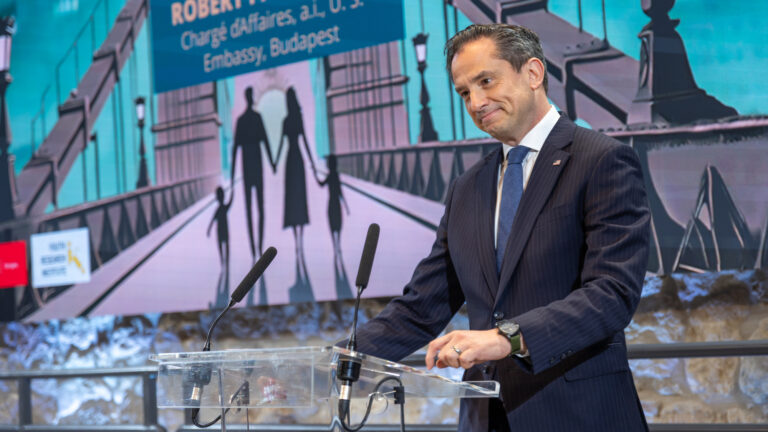During the ceremonial opening of the Mathias Corvinus Collegium’s (MCC) new centre in Székesfehérvár on Thursday, Balázs Orbán, Chairman of the MCC Board of Trustees, who also serves as the political director of the Prime Minister, stated that Hungary needs to execute a strategic political manoeuvre in the coming years and decades.
Balázs Orbán, author of the recently published book titled Huszárvágás (Hussar’s Cut), explained that the book explores the impending ‘bloc formation’ in the world, characterized by increasing military conflicts, economic sanctions, and hostilities, a scenario not favourable for Hungary. According to him, Hungary needs a stable, open, and trading world, and efforts should be directed towards building such a world, while resisting the forces around us working towards a different world. Although authored by a politician, he said, the book was written with scientific and analytical rigor.
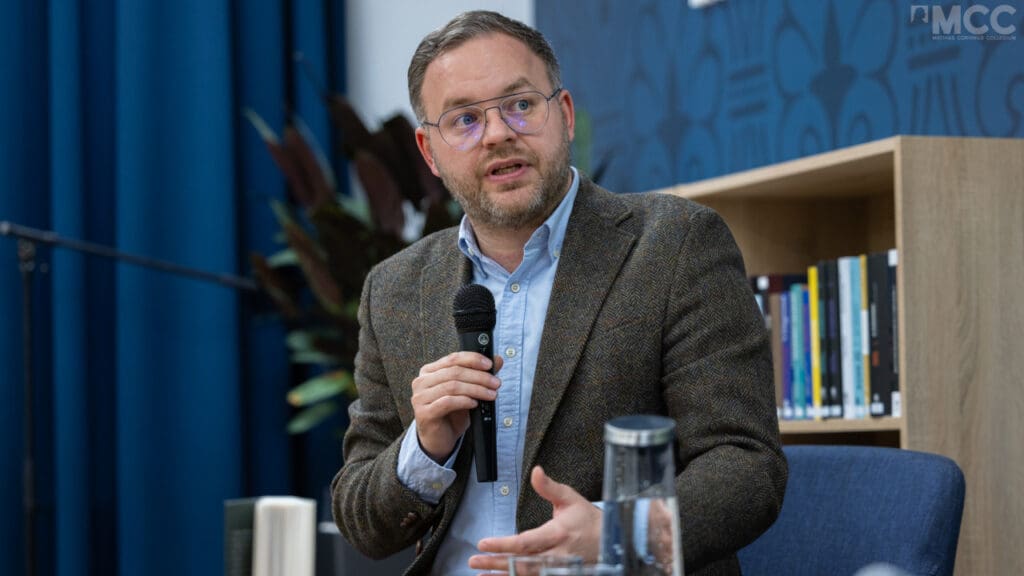
Balázs Orbán noted that there is an ongoing public debate about whether Hungary is on the right path, and in his view, it is, and the book aims to showcase that it is not only Hungarians who believe that, but many outside of the country also see the world’s transformation similarly.
The Chairman of the Board of Trustees spoke about MCC’s mission, stating that the 21st century has brought global access to education, but individual talent development and attention to the individual have been marginalized. MCC has taken on the mission to seek students across the Carpathian Basin who have the ambition to go beyond individual career paths and serve the community for the common good.
Zoltán Szalai, the Director-General of MCC, highlighted that the new centre in Székesfehérvár is in the historical city centre, offering better accessibility and greater capacity, and noted that plans are underway to expand its programme offerings.
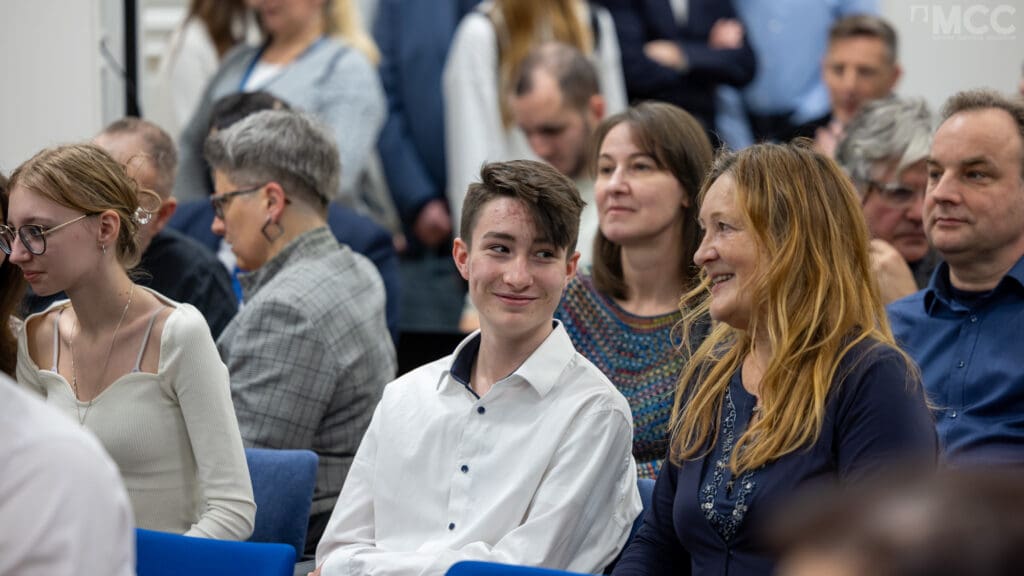
Székesfehérvár’s Fidesz MEP Tamás Vargha expressed that those involved in the work here, both educators and students, can draw strength from the spirit of the city, situated in the cradle of the country.
András Cser-Palkovics, the Mayor of Székesfehérvár highlighted the importance of having one of Europe’s largest talent development networks and communities present in Székesfehérvár. This presence will contribute to the city providing young people with state-of-the-art knowledge, keeping them in Hungary, or bringing them back from elsewhere, he underscored.
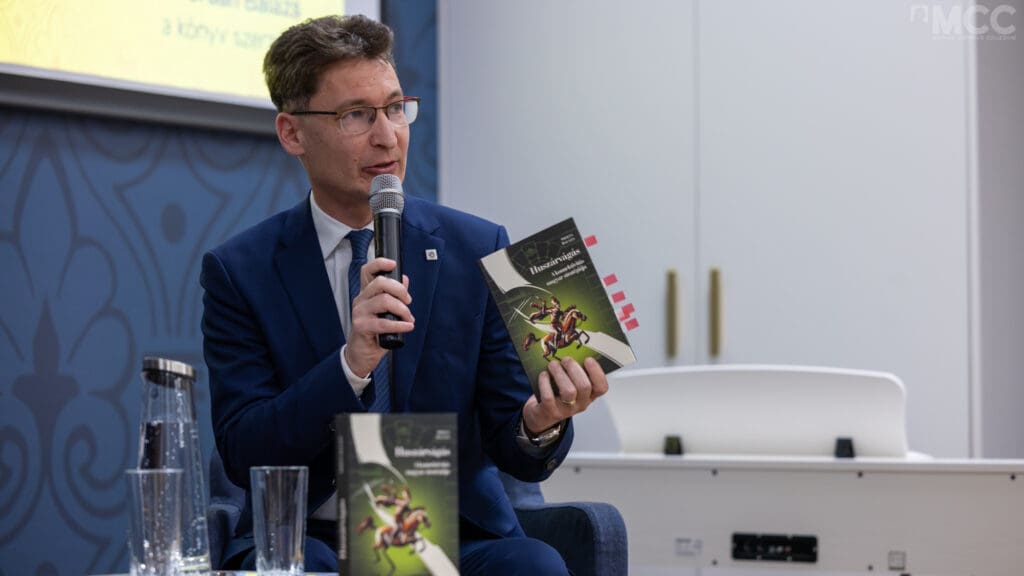
He also mentioned a recent national study where Székesfehérvár won the category of county-level cities with the highest level of development. The study indicated a significant increase in the percentage of graduates in the city over the past eight years, emphasizing the essential role of talent development in sustaining this progress.
Related articles:
Sources: Hungarian Conservative/MCC/MTI

